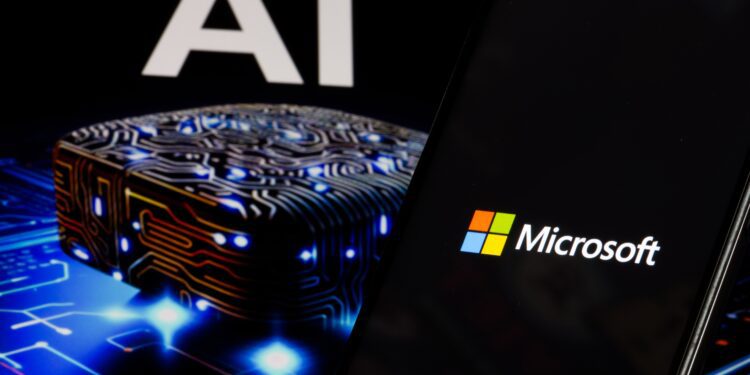Many vendors are misusing the AI label, similar to the past misuse of the term “Digital,” by applying it to their products regardless of whether they merit it, wrote IT consultant Bob Lewis for CIO. However, there are instances where the AI label is appropriate, even if the implementation is questionable. One such case is Microsoft Recall, a tool that captures and indexes screenshots of your computer every few seconds, storing them locally and encrypted to mitigate privacy concerns.
Despite Microsoft’s assurances, there are significant concerns about the security of Recall. Malware that gains control of a PC remotely could still access Recall’s stored data, making the lack of physical access a weak defense. Additionally, Microsoft’s ability to change license terms without customer consent and potential backdoors further complicate trust in the tool.
Recall also has practical implications for data privacy. It undermines tools like the Tor browser by capturing and storing sensitive screen content, raising risks for users seeking anonymity. The tool primarily aids in data recall, which is the least valuable layer in the knowledge hierarchy, compared to information, knowledge, judgment, and wisdom.
Despite the risks, Recall’s capabilities could be valuable in specific contexts, such as hobbyist photography or marketing analysis. However, balancing these benefits against potential security risks is crucial. IT leaders must be prepared to craft compelling arguments against adopting risky tools like Recall while exploring ways to leverage new technologies safely and effectively.












